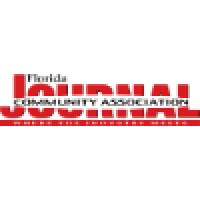
Florida Community Association Journal
Since 1987, Florida Community Association Journal has been one of the most reliable sources of education for Florida’s community association board members and managers. Florida’s condominiums and HOAs have turned to FLCAJ for practical information as they go about making critical decisions for their community. We routinely cover topics ranging from legal, financial, and management advice to maintenance, renovations, and reconstruction. Our platforms include print, digital, and a bi-monthly email newsletter to get vital information to community association managers and boards.






